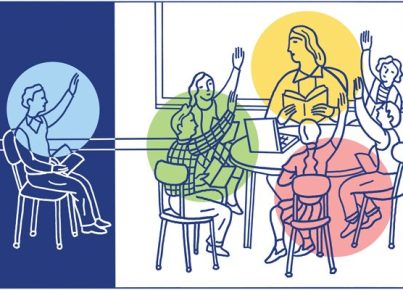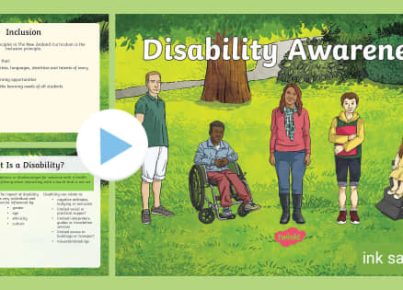Introduction
Down syndrome is a genetic disorder that occurs when an individual has an extra partial or full copy of chromosome 21, resulting in a total of three copies instead of the usual two. This additional genetic material causes developmental delays and affects physical growth as well as intellectual abilities to varying degrees. In this article, we will explore the causes, symptoms, and available support for individuals with Down syndrome and their families.
Causes of Down Syndrome
Down syndrome is not inherited from either parent in most cases. It usually occurs due to random errors in cell division during the formation of sperm or egg cells. There are three types of Down syndrome:
1. Trisomy 21: The most common form, in which there is an extra copy of chromosome 21 in every cell. This type accounts for about 95% of cases.
2. Mosaic Down syndrome: A rare form that affects only some cells in the body; some cells have the normal number of chromosomes while others have an extra copy of chromosome 21.
3. Translocation Down syndrome: Another rare form where part of chromosome 21 breaks off during cell division and attaches to another chromosome.
Symptoms of Down Syndrome
While the severity of symptoms varies, there are certain common physical traits associated with Down syndrome:
1. Flattened facial features
2. Small head and ears
3. Short neck
4. Upward-slanting eyes with white spots on the coloured part (Brushfield spots)
5. Poor muscle tone
6. Excessive flexibility in joints
7. Short stature
Besides these physical traits, individuals with Down syndrome may also exhibit varying levels of cognitive abilities and developmental delays.
Support for Individuals with Down Syndrome and Their Families
It is crucial to provide a supportive environment for individuals with Down syndrome to help them lead fulfilling lives.
1. Early Intervention Programs: These programs provide therapies and services to children with Down syndrome, focusing on physical, occupational, and speech therapy. Early intervention is vital for improving the child’s development and overall quality of life.
2. Special Education: Public schools must provide appropriate education plans tailored to meet the needs of students with Down syndrome to support their academic growth.
3. Vocational Training: As individuals with Down syndrome approach adulthood, vocational training can help them gain employment and achieve a degree of independence.
4. Medical Care: Regular health check-ups, including screening for common issues such as heart defects, sleep apnea, and thyroid problems, are essential for maintaining good health.
5. Support Groups: Connecting with other families affected by Down syndrome can offer emotional support and practical advice.
Conclusion
Down syndrome is a genetic disorder that affects an individual’s physical growth and intellectual abilities. Awareness about the causes, symptoms, and available support is crucial for ensuring the well-being of both the individuals with Down syndrome and their families. By providing a supportive environment and fostering inclusion in society, we can help people with Down syndrome lead fulfilling lives.





